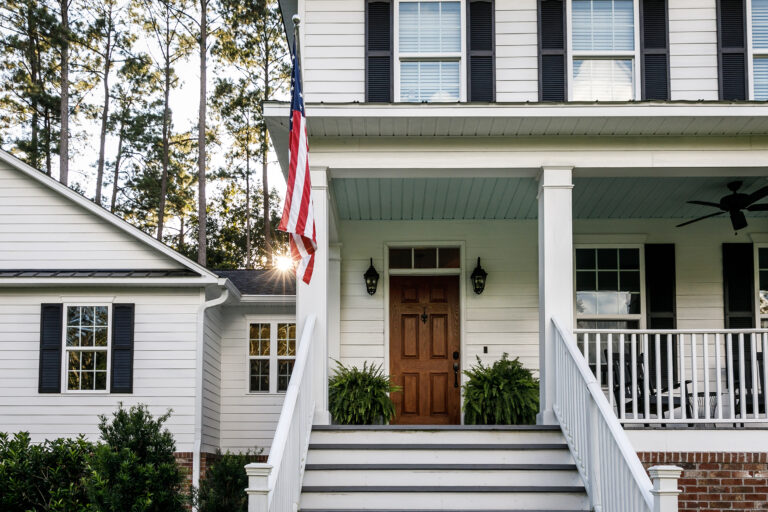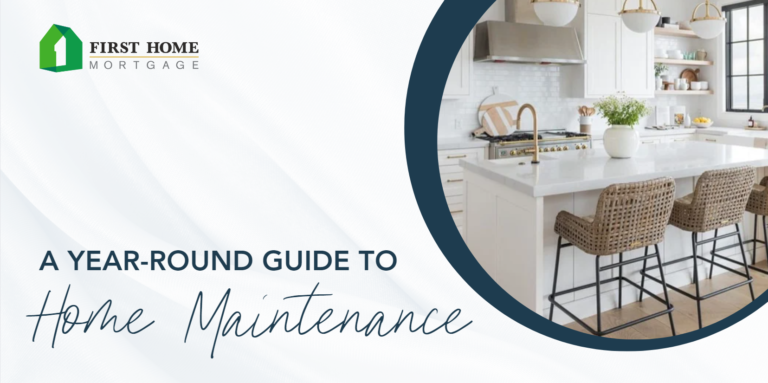
The potential for appreciation is an important factor to consider when choosing a home to purchase. Appreciation is when the value of your home increases over time. There are many factors that contribute to home value appreciation; some of them are out of your control, but there are some that you can control or predict the impact of to a certain extent. Here are some things to think about when choosing a home that may lead to better outcomes with regards to appreciation.
Find a Valuable Property
The value of the land your home sits on certainly plays a role in determining its value. The appreciation of land is generally influenced by fewer factors than that of the buildings housed on it, so going with a home that is on a valuable piece of land can help ensure its value will remain consistent or, ideally, rise regardless of the state of the structure on it.
Location, Location, Location
This old saying hasn’t become a staple of real estate for no reason; location really does play a massive role in the desirability and, by extension, value of a home. This is particularly important to consider when selecting a home to buy because while you can change a lot about the home, you simply cannot change its location. Of course, it can be hard to nail down what exactly makes a location great. There are a whole host of factors, but some of the more notable ones are the proximity to desirable features (parks, shopping, restaurants, etc.), the quality of the school district, a quick (or at least reasonable) commute to a city, and if it is considered an “up and coming” neighborhood. You may also want to look at real estate market trends for this area to get a feel for how values have changed over time historically.
Consider a “Fixer-Upper”
If there is room for improvement in a home, the current value is often lower than it could be. So purchasing what’s considered to be a “fixer-upper” and making necessary and desirable renovations is likely to lead to a higher value and therefore a higher price tag when the time comes for you to sell. While home improvement projects aren’t cheap, another bonus is that you may be able to spend less only making the renovations you find the highest priority compared to purchasing an already-renovated state of the art home—and you may be able to secure a property in a better location and on a more valuable plot than you’d be able to if the home wasn’t in need of repairs.
Be Smart About Upgrades
When it comes to renovations and making updates to your home, you should aim to be strategic in determining what work to have done. Certain renovations are pricier than others and some are more valuable in others in terms of how they can contribute to your home’s appreciation. A few common renovations that are generally known to increase your home’s value the most include garage door replacement, kitchen remodeling, siding replacement, and window replacements.
If you are thinking about buying a new home, reach out to one of our experienced Loan Officers today to learn more about your home loan options.


